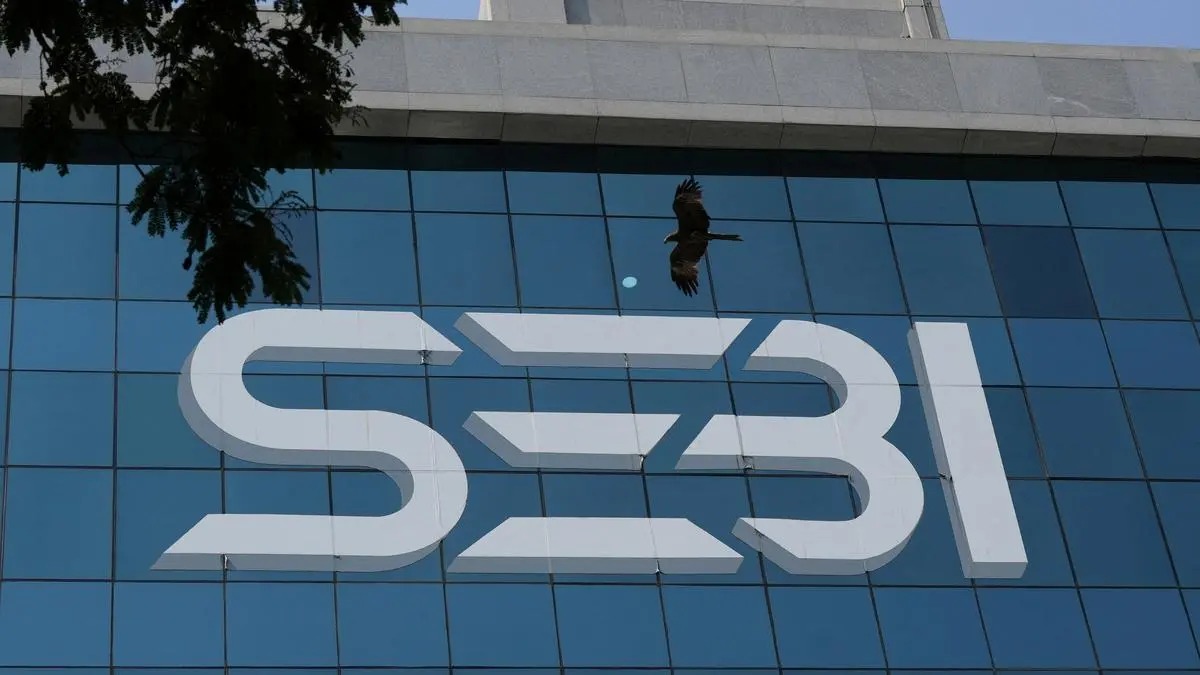
Follow WOWNEWS 24x7 on:

In a decisive move to resolve one of India’s longest-running mutual fund controversies, the Delhi High Court has directed the Securities and Exchange Board of India (Sebi) to take over the winding-up process of the Arihant Mangal Growth Scheme. This comes after the court dissolved the Special Committee that had been overseeing the fund since 2013, citing its failure to discharge duties effectively. The order marks a significant shift in regulatory oversight and aims to bring long-awaited closure to thousands of investors affected by the scheme’s collapse.
Background of the Scheme
- The Arihant Mangal Growth Scheme was launched in 1994 by CRB Capital Markets Ltd, promoted by Chain Roop Bhansali
- During its subscription period from August 19 to September 20, 1994, the scheme collected approximately ₹229.28 crore from 19,396 investors, including 72 institutional participants
- Investigations revealed that a substantial portion of the funds was diverted to promoters, their relatives, and affiliated companies, rather than being invested for the benefit of unit holders
- The CRB Group, which included a mutual fund, merchant bank, and NBFC, quickly rose to prominence before facing regulatory scrutiny for mismanagement and violations
Regulatory and Legal Timeline
- In 1996, Sebi barred CRB from launching new schemes due to systemic irregularities
- The Reserve Bank of India filed a winding-up petition against CRB Capital Markets Ltd, while Sebi initiated a trust petition against CRB Trustees Ltd and related entities
- In 1997, the Bombay High Court appointed a provisional administrator to manage the fund and approved partial repayments to small investors holding up to 10,000 units at ₹4.95 per unit
- The case was transferred to the Delhi High Court in 2007, where it remained under the supervision of a Special Committee formed in 2013
High Court’s Latest Order
- On September 1, 2025, Justice Pratibha M. Singh of the Delhi High Court dissolved the Special Committee, citing its inability to fulfill its mandate
- Sebi has now been tasked with completing the winding-up process within one year
- The court directed Sebi to form a Special Cell to take control of all records, pending proceedings, and remaining funds
- A mandatory forensic audit of the scheme’s financials, bank accounts, and documentation has also been ordered to ensure transparency and accountability
Implications for Investors
- The move is expected to accelerate the resolution process for over 19,000 individual investors who have waited decades for clarity and compensation
- Sebi’s involvement brings renewed hope for a structured and transparent closure, backed by regulatory rigor
- The forensic audit may uncover additional discrepancies and help determine the extent of fund misuse
- Investors are advised to stay updated through Sebi’s official channels and await further instructions regarding claims and documentation
Why This Matters
- The Arihant Mangal case is emblematic of India’s evolving financial regulatory landscape, where investor protection is gaining priority
- Sebi’s direct oversight signals a shift toward more proactive and accountable governance in legacy financial disputes
- The dissolution of the old panel underscores the judiciary’s willingness to intervene when administrative mechanisms falter
- This development could set a precedent for similar cases involving long-pending mutual fund wind-ups and investor grievances
Looking Ahead
- Sebi is expected to announce the formation of the Special Cell and initiate the forensic audit in the coming weeks
- A detailed roadmap for fund distribution, investor verification, and grievance redressal is likely to follow
- The one-year deadline set by the court adds urgency and structure to a process that has remained stagnant for years
Sources: Livemint, MSN India, Reuters, Delhi High Court Order, Sebi Circulars September 2025



